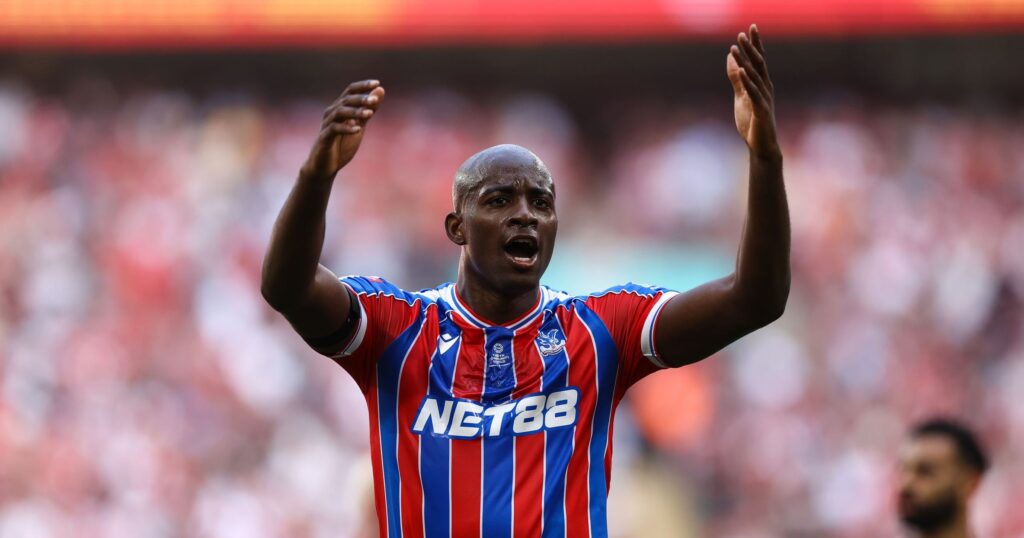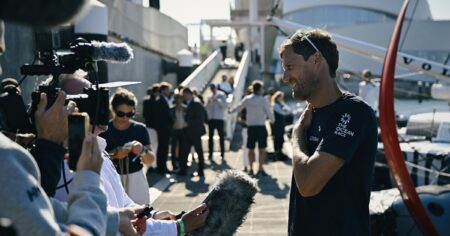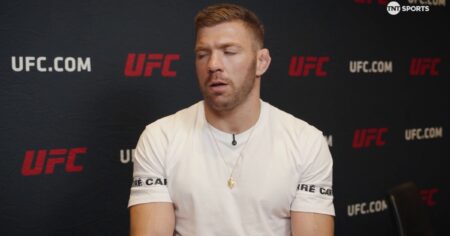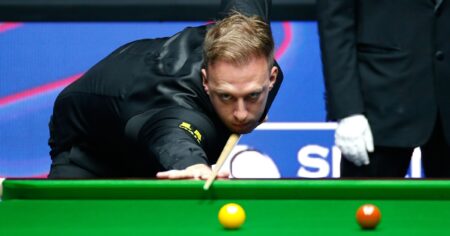Crystal Palace Football Club has found itself at a crossroads following the recent ruling by the Court of Arbitration for Sport (CAS), which upheld UEFA’s decision to ban the club from participating in the Europa League. This ruling was driven by concerns over the conflict of interest surrounding multi-club ownership, particularly the stakes held by former director and minority shareholder, John Textor. Consequently, this decision has significant implications for the club, as they will now drop into the UEFA Conference League for the upcoming season.
Nottingham Forest, having been the beneficiaries of this ruling, will take over Crystal Palace’s place in the Europa League, marking a notable shift for both clubs. This comes at a time when Forest is looking to solidify its presence in European football. Meanwhile, Oliver Glasner’s squad will have the opportunity to contend in the UEFA Conference League play-offs, where they are set to face either Fredrikstad or Midtjylland later this month. This presents a fresh challenge for Glasner’s team in their quest to make a mark in European competitions.
This situation casts a shadow over an otherwise momentous occasion for Crystal Palace. Just days prior to the CAS ruling, the Eagles celebrated a historic victory by winning the Community Shield against Liverpool. The triumph, achieved through a nail-biting penalty shootout, marked the club’s first victory in this prestigious curtain-raiser event. However, this sense of achievement has now been marred by their relegation from the Europa League and implications of their ownership structure.
The crux of the issue lies in the rules set forth by UEFA regarding club ownership and participation in their competitions. These stipulations clearly indicate that no owner or co-owner can maintain a controlling interest in more than one club within the same European competition. The predicament arose when John Textor’s Eagle Football Holdings, which maintained a significant stake in Crystal Palace, also held a majority stake in Olympique Lyonnais, a rival that qualified for the Europa League. As a result, UEFA deemed it necessary to enforce the rules and prevent any potential conflicts of interest, leading to Palace’s exclusion.
In early July, following this ruling, John Textor sold his 43% stake in Palace to Woody Johnson, a billionaire known for his extensive pharmaceutical ventures in the United States. Textor resigned from his roles at Lyon as part of the efforts to comply with UEFA’s multi-club ownership rules. Nevertheless, despite these changes, the damage had already been done, and Crystal Palace ultimately missed the UEFA deadline for restructuring their ownership, with Lyon’s higher ranking in Ligue 1 being a key factor influencing the decision.
For the upcoming season, Crystal Palace will now have to redirect their focus toward the UEFA Conference League, a competition that, while prestigious, does not carry the same weight as the Europa League. This could be seen as an opportunity for Palace to showcase their talent on an international stage, yet the feelings surrounding the ruling will linger, as a reminder of the complexities of modern football and the intricate web of ownership that can often dictate the fates of clubs.
As fans look ahead to the upcoming season, they can follow the action across the 2025/26 UEFA Champions League, UEFA Europa League, and UEFA Conference League on platforms such as TNT Sports and discovery+. This ruling serves as an important lesson in the governance of football and the impact of ownership structures on club participation in prestigious tournaments.












